The Secret is Out: Apple, Facebook, Microsoft Warring for $150 Billion Market
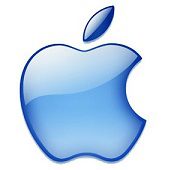



Written by Ophir Gottlieb and Jason Hitchings
A lot of the information we're about to cover might feel like a surprise. In many ways it is. That's because our purpose is to provide institutional research to all investors and break the information monopoly held by the top .1%.
AN EPIC SHIFT
It's coming. A colossal shift. A fundamental change. It will impact almost everything: communication will be revolutionized, entertainment will explode, business structures will be transformed.
We all knew it was coming. We heard about it for years. It was hovering just out of sight for so long, we almost forgot it was there. It is one of the revolutionary themes, one of the fundamental shifts coming in the very near future that will change how we live, work, and play.
"This is a technology whose consumer base looks increasingly like [all of] humanity."
Apple (AAPL), Facebook (FB), Google (GOOGL), Netflix (NFLX), and Microsoft (MSFT) see the coming change too - all five companies are racing to control its future. What's more, we've found the surprising company one tenth their size that may win out over all of them.
Dave Thier, Forbes
NEW REALITIES
Never forget a name. See cars around corners, even in the dark. Sit in a room with your friends and family who are spread out all over the world. Walk alongside your favorite actors in your favorite movies. These are just a few of the applications promised by the exploding field of virtual and augmented reality.
All technologies have an adoption curve. They start as novelties for enthusiasts, before becoming useful enough for the most tech savvy "early adopters" to pay top dollar to have them. Most first versions of technologies die here, too expensive, too hard to use, too buggy, not useful enough to become huge successes. We see here how that technology curve is represented, and it has critical things to tell us about the future:
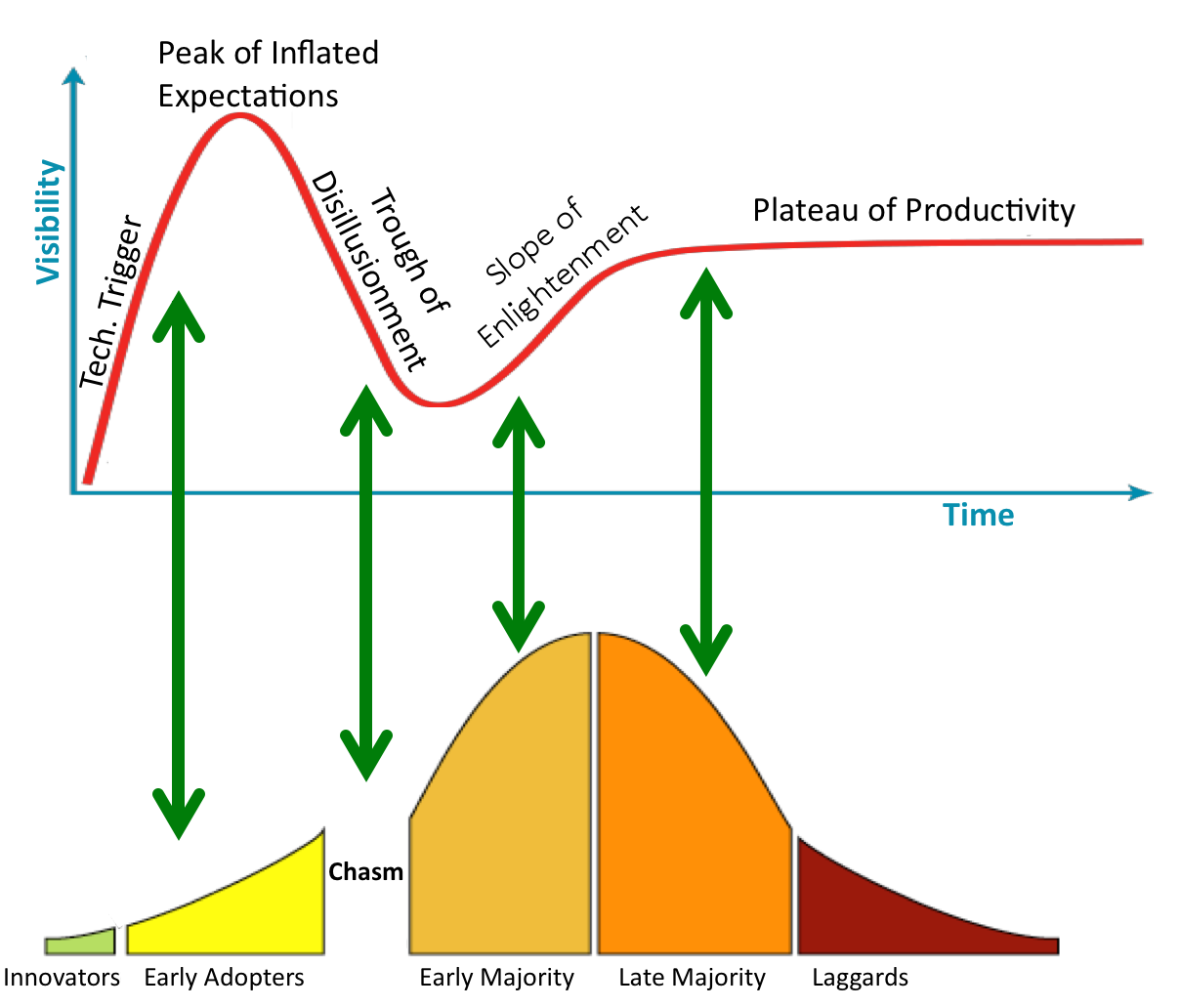
The glitchy, boxy virtual reality headsets we remember at malls and overpriced arcades are gone. Those much hyped, early prototypes fell into the chasm. And now - like electric cars, 3D printers, and other once fanciful futuristic devices - version 2 of this technology has crossed the "chasm" and is going mainstream.
The results will be disruption and innovation on a scale that can only be compared to the most revolutionary technologies of the modern era: the car, the plane, the phone, the computer, the internet.
And the stakes are huge.
THE PRIZE
The market for virtual reality (VR) and augmented reality (AR) will be absolutely explosive. Together VR/AR are projected to hit $150 billion in yearly sales by just 2020, according to a study by digi-capital:
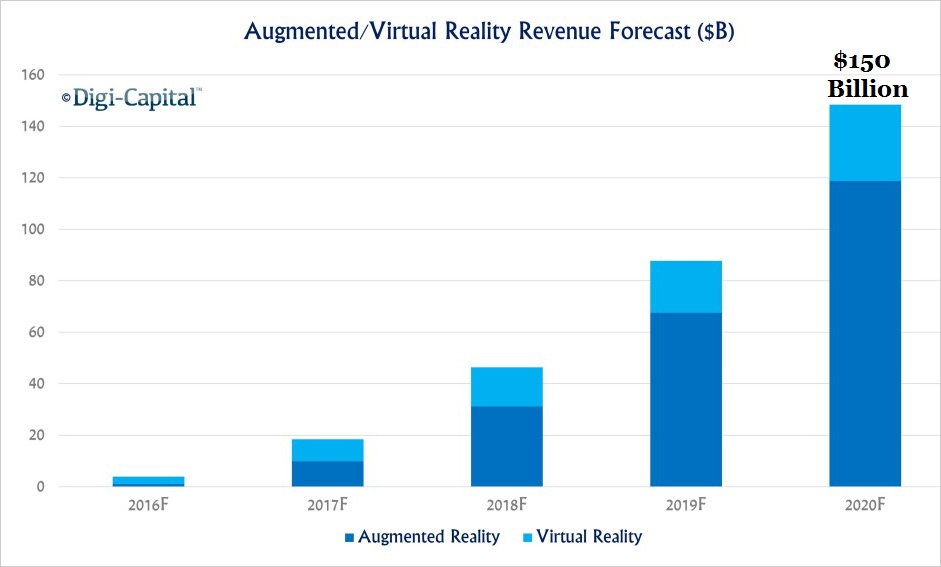
The biggest and most successful technology companies in the world are pouring resources into this field. To understand the trend, we must understand the players.
And once we know the players, we can find who is best positioned to rocket higher with this trend.
APPLE'S THRONE
Apple is sitting atop the technology throne, making an almost unfathomable sum from its domination of the devices space. CML Pro will graph the Net Income of the world's largest companies to show us just how dominant Apple's cash machine is:
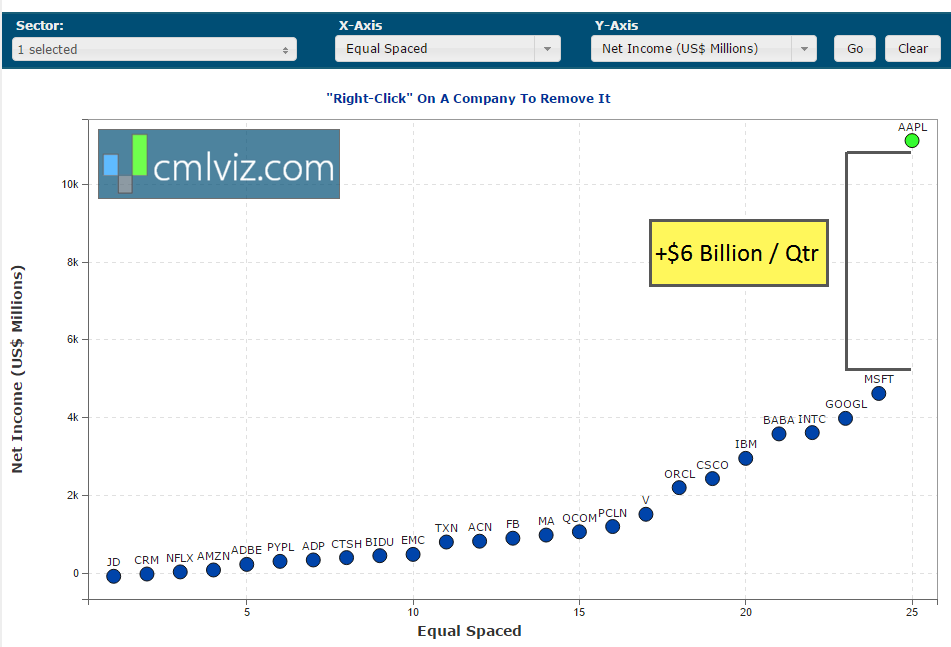
60% of that windfall comes from the iPhone, and Apple is leveraging those cash flows to innovate in the biggest technological trends of the future. They are injecting massive sums into a spectrum of technologies. Not only are they investing billions, but the rate at which Apple is investing is accelerating. CML Pro will show us just how big their technological bet has become:
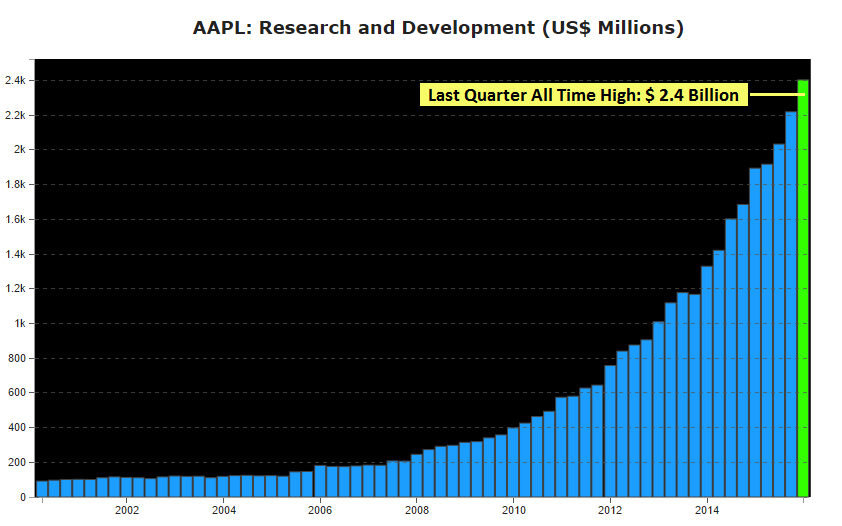
$2.4 billion dollars per quarter. Annualized, Apple will be investing more into R&D then the entire economic output of 60 different countries.
Apple sees the changing technological landscape as well as any company, and they've responded in decisive fashion. In addition to the huge R&D investment, Apple has grabbed at some of the top tech and talent in the industry.
On May 28th 2015, Apple acquired Metaio, an augmented reality startup. Then, in November Apple acquired Faceshift; the company that created motion capture technology used in the latest Star Wars film. We also learned that Apple hired Doug Bowman, Ph.D. who is considered to be one of the world's top virtual reality researchers.
Even before all of this, Apple was filing patents like this one:
"Method and system for creating an image-based virtual reality environment utilizing a fisheye lens"
Patent: US5960108A
As the virtual reality landscape heats up, Apple is fighting to ensure they are at the cutting edge. Best of all, a new wave of VR headsets are being created as mounting devices for existing smartphones:
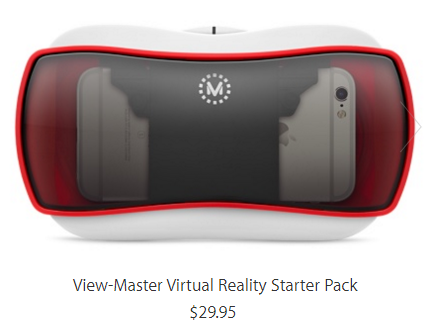
This trend gives Apple the golden opportunity to reinforce the iPhone's dominant position while simultaneously opening up massive new revenue streams.
But there's a different company we think will benefit even more from this trend.
FACEBOOK GOES VIRTUAL
Zuckerberg and Facebook were early to grasp the potential of this space. In March 2014 they snapped up the premier developer of VR headsets, Oculus, in a reported $2 billion deal.
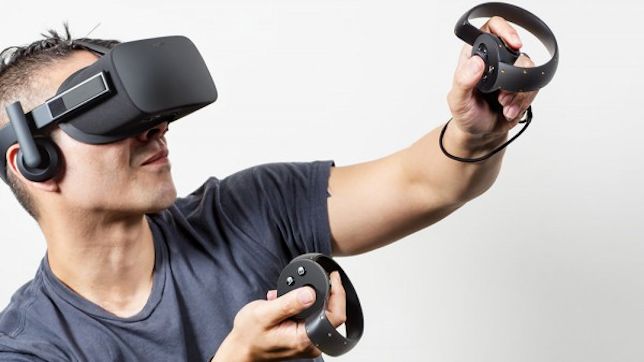
If this seems like a strange move for a social company, look at Facebook's stated goal from their website:
"Facebook’s mission is to give people the power to share and make the world more open and connected. People use Facebook to stay connected with friends and family, to discover what’s going on in the world, and to share and express what matters to them."
"Staying connected" and "discovering what's going on in the world" are two critical applications for VR technology and Facebook has bought a front row seat. Further, to make sure they stay front and center, they've launched "360-degree videos" that allow Oculus Rift owners to watch videos from all angles through their headsets.
facebook.com
Even with these advances, it isn't Facebook we think will reap the biggest rewards.
GOOGLE GETS IN
Google has recently created a virtual reality department, headed by Clay Bavor (source: recode.net). Bavor was previously in charge of Google's experimental, low cost "Cardboard" device that allowed users to mount smartphones as VR devices.
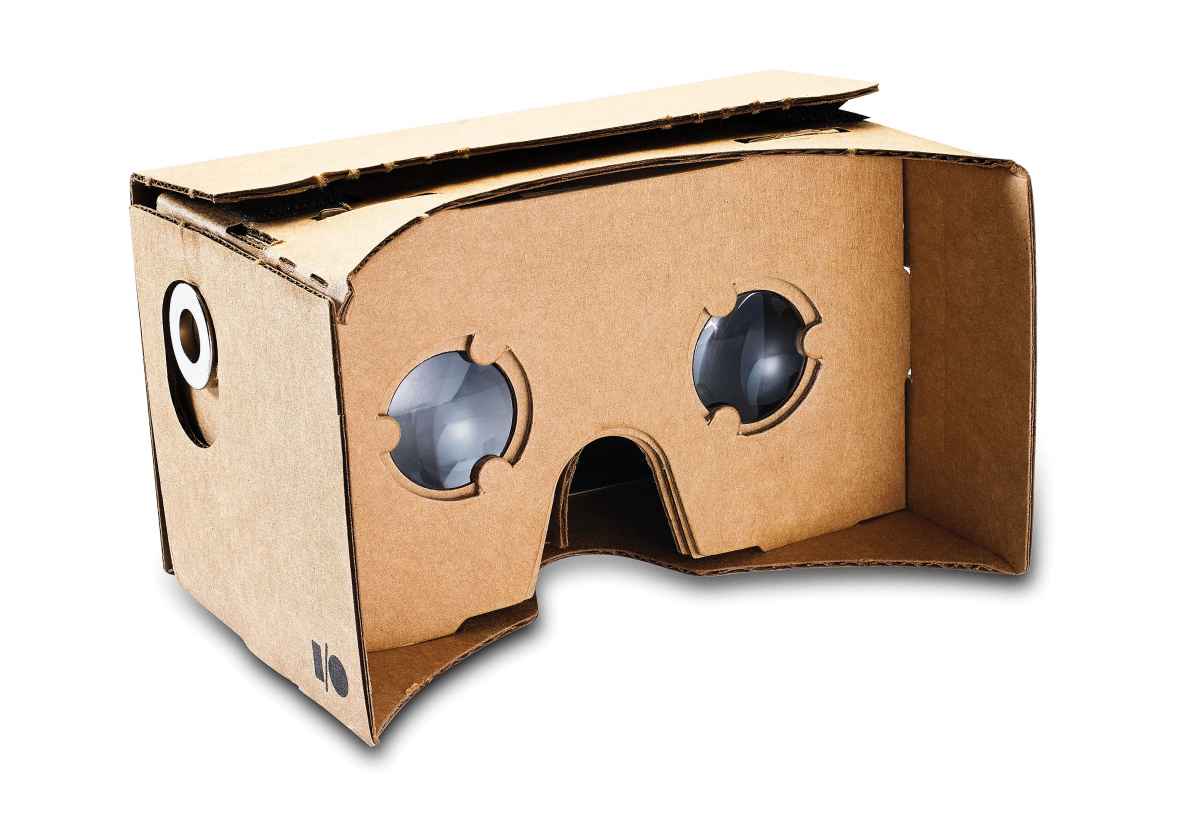
This product might look like part of a 6-year-old's Halloween costume, but careful before you dismiss it. They've already sold over a million units of "Cardboard".
We also can't forget that Google has already made one huge bet in the space of augmented reality with their Google Glass line. While they proved to be too early for mass market appeal, they've undoubtedly learned from the failures and successes of this effort. Perhaps the most important result of this product line is that it began the societal acclimation to seeing technology blended with our everyday lives in ways to which people were not accustomed.
But it isn't Google, either, that we think will profit most from VR.
NETFLIX CASHES IN
In case you had any doubts if this technology was going to be huge, Netflix already broke ground as the first streaming video provider to launch Oculus Rift capable videos through their new app. Blockbuster hits for the Video on Demand company such as House of Cards and Orange is the New Black are available now, and 3D content is soon to follow (source: CNN Money).
But it isn't Netflix, either, in the critical position to rocket upwards with this trend.
MICROSOFT BETS BIG
Microsoft is out ahead of the pack on the augmented reality side of this technology. Their "HoloLens" begins shipping to developers March 30th:
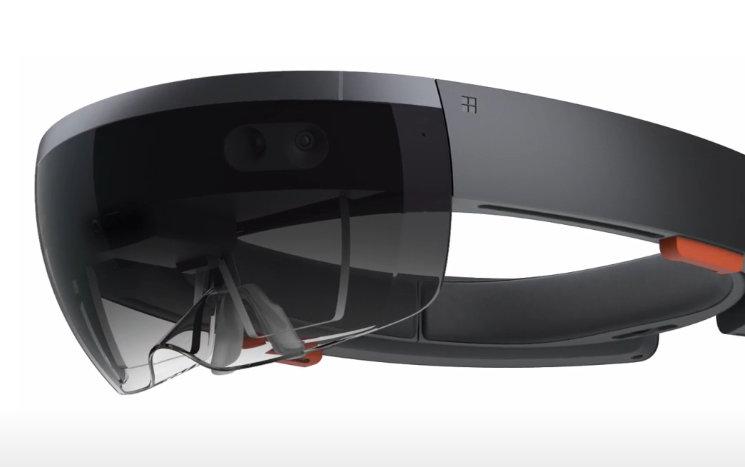
Microsoft grabs our attention in their video ad, saying:
"What if we could go beyond the screen, where your digital world is blended with your real world? Now we can. This is the world with holograms."
"New ways to visualize our work. News ways to share ideas. More immersive ways to play. New ways to teach and learn. New ways to collaborate and explore."
The price tag for this promising version 1 is $3000. Google blazed a trail with Glass and got burned, falling into the chasm without making it to the mainstream. But now that society and culture are more familiar with the concept, if Microsoft can make HoloLens a success, they could be in an extremely strong position to reap the massive rewards of this exploding market.
"New ways to visualize our work. News ways to share ideas. More immersive ways to play. New ways to teach and learn. New ways to collaborate and explore."
microsoft.com
We're deeply impressed with Microsoft's progress, and yet, there's a different company we think will do even better.
THE REAL WINNER
Most surprising of all is that there is a mid-sized technology company based in the US and trading on the NASDAQ that is positioned to be the biggest winner out of all of these companies. They could well make a huge portion of the profits in an industry forecasted to hit $150 billion annually by 2020. This company is one of our few "Top Picks" for 2016. To find out which company we think will be the true winner in the massive virtual reality trend, join us at CML Pro and get the full research dossier.
WHY THIS MATTERS
Virtual and augmented reality are huge trends that will change much of how we live. While our research pieces provide in-depth coverage of who is likely to dominate this theme, this is only one of CML Pro's precious 'Top Picks.' To find the 'next Apple' or 'next Google' we have to get ahead of the curve. This is what CML Pro does. Our research sits side-by-side with Goldman Sachs, Morgan Stanley and the rest on professional terminals, but we are the anti-institution and break the information advantage the top .1% have.
Each company in our 'Top Picks' is the single winner in an exploding thematic shift like artificial intelligence, Internet of Things, drones, biotech and more. In fact, here are just two of the trends that will radically affect the future that we are ahead of:
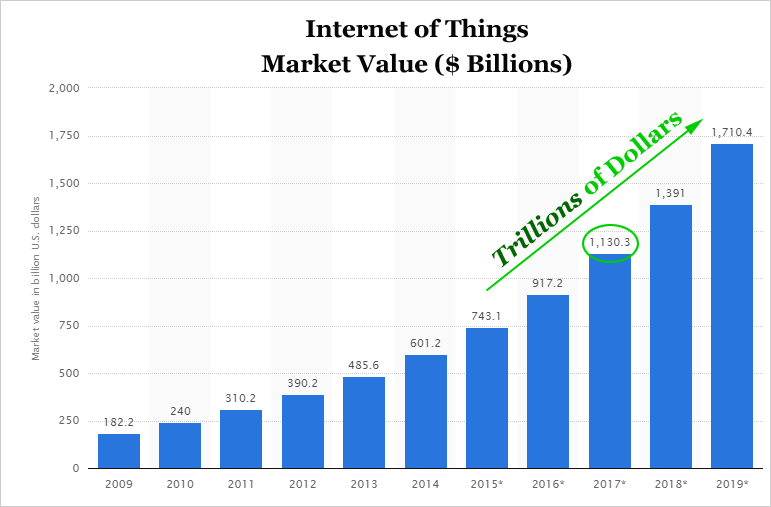
The Internet of Things (IoT) market will be measured in trillions of dollars as of next year. CML Pro has named the top two companies that will benefit. Then there's cyber security:
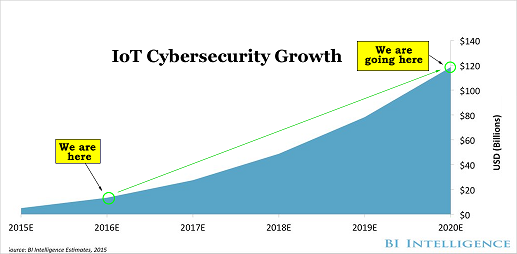
Market correction or not, recession or not, the growth in this area is a near certainty, even if projections come down, this is happening. CML Pro has named the single best cyber security stock to benefit from this theme.
These are just two of the themes we have identified and this is just one of the fantastic reports CML Pro members get along with all the visual tools, the precious few thematic top picks for 2016, research dossiers and alerts. For a limited time we are offering CML Pro at a 90% discount for $10/mo. with a lifetime guaranteed rate. Join Us: Get the most advanced premium research delivered to your inbox along with access to visual tools and data that until now has only been made available to the top 1%.
Thanks for reading, friends.


